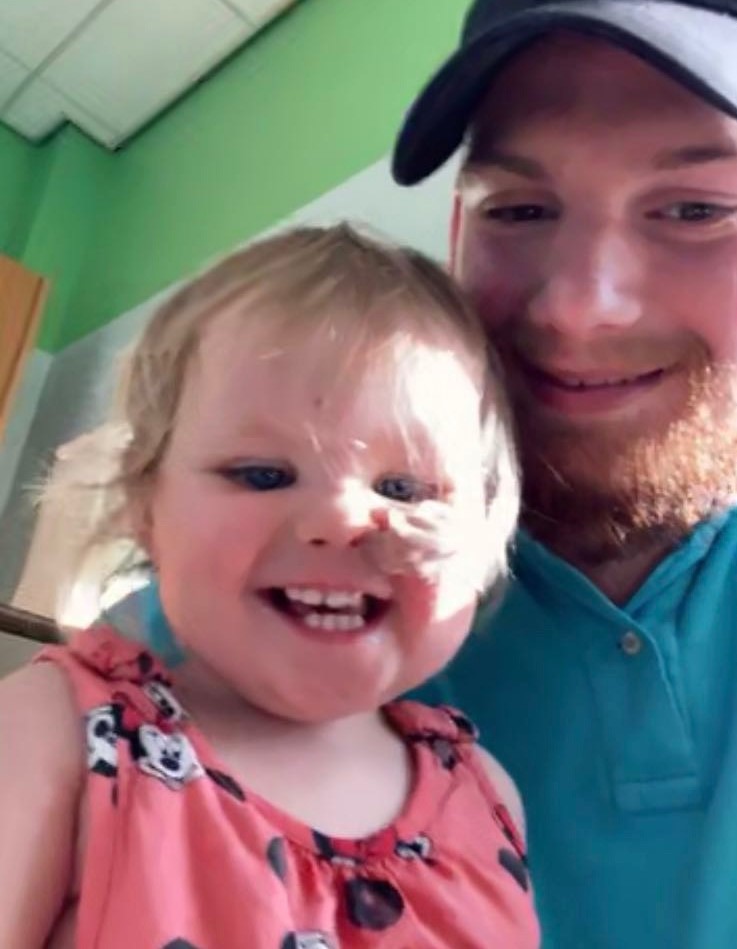
We have been instructed by the father of Sofia-Grace Hill aged one (almost two) in connection with a potential claim against Great Western Hospital (the hospital) arising from treatment which his daughter received during January 2020.
Briefly, Sofia-Grace had been unwell for a few days complaining of a sore throat, unable to feed and she was also coughing. On the 11 January 2020, her father took her to the UCC at the hospital where she was examined and he was reassured that she was fine.
The following day, Mr Hill returned to the ED at the hospital because her symptoms were continuing. One of the doctors told him that she probably had tonsillitis and she was given some antibiotics to take.
Sofia-Grace’s symptoms continued and in particular, she continued to be unable to take solid food and her breathing continued to be noisy. Mr Hill returned to the ED at the hospital on the 13 May 2020 and following an x-ray, he was told that his daughter had a foreign body lodged in her oesophagus.
She was then transferred as an emergency to Bristol Royal Hospital for Children where she underwent two-hour surgery to remove this foreign body. Mr Hill was told that this was a button battery (the size of a 10p coin) and she was lucky to have survived.
Sofia-Grace had to be placed in a medically induced coma for a period of time and given an NG tube to help with her recovery. Even now, she is only able to eat pureed food. She continues to regularly attend Bristol for monitoring and she may have to undergo further surgery.
Mr Hill says:
“The damage has left a pocket in her oesophagus which needs to close but Sofia-Grace is improving week by week with regular dilations which is improving her oesophagus.
I would warn other parents about the dangers. Just get rid of button batteries or lock them away”
Ms Janet McNally, Consultant Paediatric Surgeon at the Bristol Royal Hospital for Children who is treating Sofia-Grace said:
“That her survival may be because the battery was old and had lost is charge”.
In our view, the risk of death and serious harm from delays in recognising and treating ingestion of button batteries is well known to the NHS – they issued a Patient Safety Alert back in 2014 raising awareness of this risk.
It is known that when a button battery is swallowed severe tissue damage can result from an electrical current discharged by the battery, leakage from the battery or as in this case, it can just get stuck in the oesophagus.
The swallowing of button batteries needs to be treated as a medical emergency. Removal of the battery alone may be insufficient action to prevent further damage as symptoms can continue for some time afterwards.
All patients (usually young children) who present with these symptoms require expert input straightaway with careful monitoring and follow-up. Even if a diagnosis is made in time, it is not unusual for there to be further complications after they have been treated and sent home.
Sofia-Grace’s case has received much publicity in the media. Please see these links for more information of what happened to her:
Warning after toddler needs surgery after swallowing watch battery – Bristol Post
Battery lodged in baby’s throat for four months – BBC News
If you would like to make a claim for medical negligence please contact us. Alternatively you can learn more about our no win no fee medical negligence services, or read more of our previous successful cases involving babies and children.



